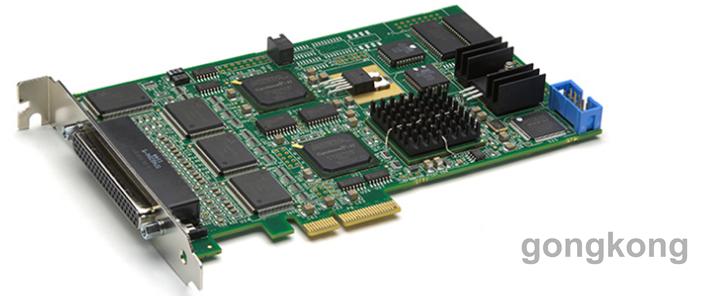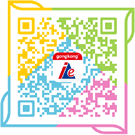BitFlow Alts-AN 機(jī)器視覺

收錄型號: 0條(帶參數(shù)型號: 0 條)
選型指南: 0 條 應(yīng)用案例: 0 條
安裝調(diào)試: 0 條 安裝調(diào)試: 0 條
維護(hù)維修: 0 條 升級改造: 0 條
VFG Details
The diagram below shows the details of the Virtual Frame Grabber (VFG) of the Alta platform. Each member of the Alta family has from one to four VFGs. Each VFG has its own analog front end, each with three Analog-to-Digital converters. Each VFG has its own PLL and synchronization signals processor allowing it to run on its own timing, completely independent of the other VFGs on the same board. The Video Router is fully programmable and can be used to route the output of one, two or three tap cameras to one, two or three A-to-Ds respectively. In addition, the Video Router can be used to MUX between two cameras (one or two tap cameras only).
Digital data formatting and buffering is handled in the large Data MUX block. The output from this block feeds our advanced bus-mastering, scatter-gather DMA engine, which DMAs data to host memory at a rate of a gigabyte per second. This engine can DMA continuously to multiple host buffers without using any CPU cycles. In short, the Alta VFG is a small efficient frame grabber, up to four of which can be packed on one half-sized PCI Express board
Software Support
The Alta-AN is supported by the BitFlow Software Development Kit (SDK), which is available for both 32-bit and 64-bit Windows platforms. The SDK is board family generic, and will work with all of BitFlow's current and future frame grabbers. The kit provides drivers, DLLs and configuration utilities for people interested in using third party software.
For customers interested in developing their own applications, the SDK provides header files, libraries and huge amounts of example code. There is wide range of Application Programming Interfaces (API), from low-level direct hardware access, to high-level automatic buffer management (ring or sequence). Every line of code has been engineered for reliability under the toughest industrial conditions, while at the same time a priority has been put on ease of use and short development times. With the BitFlow SDK you'll have the Alta-AN integrated with your application in no time.
PCI Express Interface
The Alta-AN uses a x4 PCI Express bus interface. The PCI Express bus offers huge increases in DMA performance over the PCI bus, but what is less well known is that the PCI Express bus is always peer to peer. This means that the Alta-AN does not share the bus with any other devices. In most motherboard architectures, it will talk directly to the PCI chip set that is on the memory bus. This direct connection equates to higher sustained DMA bandwidths regardless of system load.
Alta-AN Specifications
x4 PCI Express "short" card
Super high quality discrete Analog Front End
Three A-to-Ds per VFG (maximum clock rate: 160 MHz)
Supports VGA, SVGA, XGA, SXGA, UXGA resolutions and beyond
Per channel programmable Gain/offset
Supports single tap and dual tap monochrome cameras
Supports RGB cameras (24 bits/pixel)
Supports component YPbPr cameras (YUV 4:4:4)
Supports asynchronous reset cameras
Supports partial scan cameras (high frame rates)
Multiplex between two one-tap or two two-tap cameras
Programmable Region of Interest (ROI) via sub-windowing acquisition
External hardware or software trigger
Acquire at any frame rate
Supports cameras up to 16K x 16K
Supports interlaced and progressive scan cameras
HD/VD/Composite sync signals in/out
Supports WEN input signal
Strobe output (programmable timing)
Provides power to camera (12 V @ 0.5 A)
Flowthru technology, no on-board frame buffers, zero latency data access
Efficient interrupt driven architecture, no software polling required
RoHS compliant
ALT-PCE-AN1
Supports one analog camera
x4 PCIe interface
Camera power for each camera
Industrial I/O
ALT-PCE-AN4
Supports up to four analog cameras
x4 PCIe interface
Camera power for each camera
Industrial I/O
SDK 5.00 or later required

